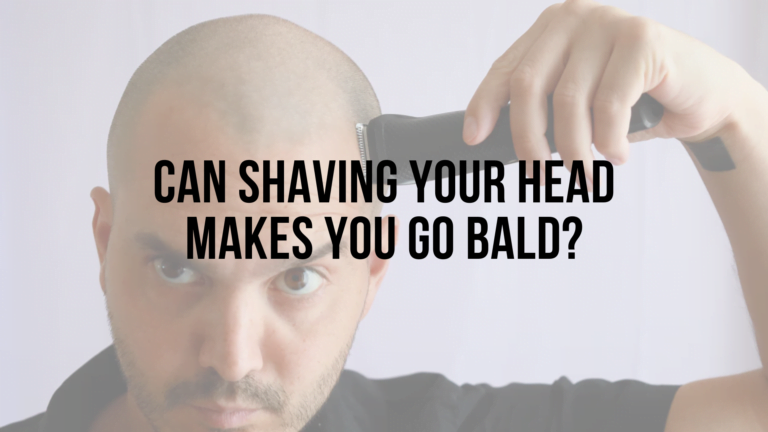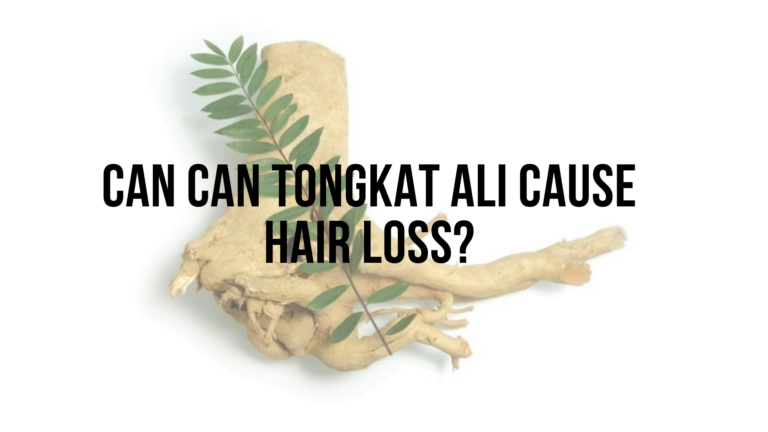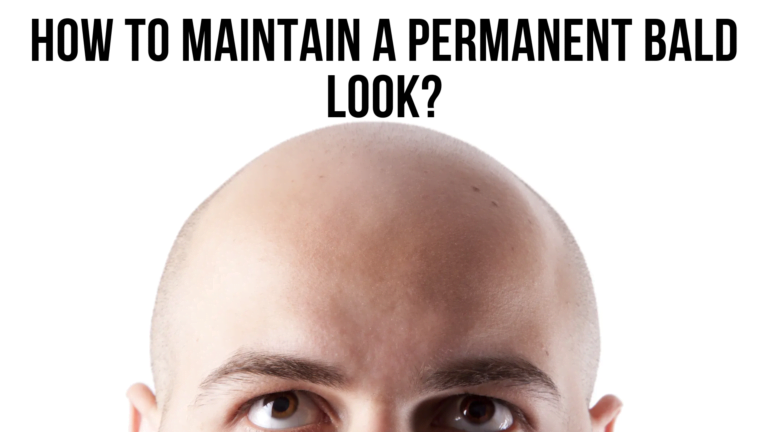Around the world, millions of people experience hair loss from one day to the next. While some hair loss is closely linked to autoimmune diseases such as alopecia, others are caused by certain medications.
Few people are aware that there are drugs that cause hair loss, and that they should be avoided or not abused. This article not only gives you the facts, but also suggests a solution for correcting your baldness.
Top 4 medications that cause hair loss
Many people live with the constant stress of hair loss. This situation obviously has repercussions on the physical appearance and image of the person experiencing it.
For some, hair loss occurs naturally due to a deficiency in the immune system. But for others, it occurs after taking medications that cause hair loss.
Anti-cancer treatments
Most anti-cancer treatments lead to hair loss. This is because hair follicle cells have the capacity to multiply as rapidly as cancer cells.
The drugs used in chemotherapy, particularly antineoplastics, are designed to destroy any cells that multiply at a high rate.
As a result, most people undergoing chemotherapy suffer from alopecia; that is, they lose their hair, often in the anagen phase, between 7 and 10 days after the start of their treatment.
Normally, these hair-loss drugs should not cause irreversible baldness in these patients. But many of them suffer from it all the same.
Non-steroidal anti-inflammatory drugs
Most long-term treatments with non-steroidal anti-inflammatory drugs such as ibuprofen, aspirin and others can cause hair loss. These drugs can cause telogen effluvium, i.e. increased hair loss.
Anti-cholesterol drugs
There are a number of medications often prescribed to combat hypercholesterolemia or high blood pressure that can have side-effects on the scalp.
These hair-reducing drugs interfere with keratinization, destroying or weakening hair-producing cells. It is therefore advisable to consult a doctor before taking these medications (Befizal, Pravadual, Pravastatin…).
Antidepressants
Some antidepressants like zoloft can cause diffuse alopecia within 3 months of starting treatment. Generally, this loss of hair is reversible once treatment has ended. However, in the case of long-term or lifelong treatment, hair loss can lead to baldness.
Apart from these 4 types of treatment, there are also other types of medication that cause hair loss. These include
- anticoagulants,
- anti-epileptics
- lithium-based treatments,
- retinoids,
- thyroid treatments….
Read Also: Does weed cause baldness?
How can you prevent hair loss caused by drug treatments?
Most cases of medicated hair loss are reversible at the end of treatment. But for those that prove irreversible, there’s no better way than to opt for a hair transplant.






